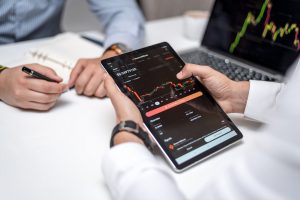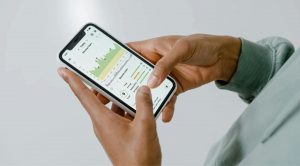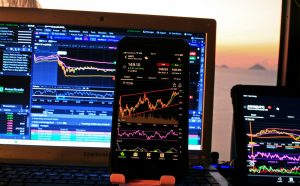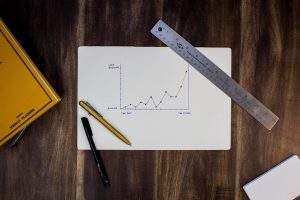
There is no doubt that successful trading involves a great deal of skill and patience. But, even the most experienced traders can benefit from understanding what goes into a great trade.
This blog post will look at some of the critical elements of a successful FX trade. By understanding these, you can put yourself in a better position to replicate them in your trading. So, without further ado, let’s get started.
Decide how you want to trade
Every day, many forex transactions take place between big banks and financial corporations. Individual traders who do not have the funds to make billion-dollar forex trades might conduct business in two distinct ways: using forex CFDs or trading forex on a broker.
What is a forex CFD?
A CFD (Contract for Difference) in forex trading is a contract in which you agree to trade the difference in the value of a currency pair between when you open your position and when it closes. If the forex position rises in value, you profit. You lose money if the price drops. The inverse is true for opening a short position. Using CFDs, you can trade in various markets using a CFD.
Forex trading via a broker
In many cases, forex trading with a broker – or, in some circumstances, via a bank – is the same as CFD trading. You’re wagering on currency pair values rising or falling without having actual possession of the currencies. Instead of long or short bets on currency pairs, you can make opposing positions. However, if you trade forex through a broker, you will not have access to additional markets.
Learn how the forex market works
One of the first things you need to understand when you want to trade currencies is how the forex market works, which is considerably different from exchange-based systems like shares or futures.
Forex is bought and sold across a network of banks rather than on a centralised exchange. This is referred to as an over-the-counter or OTC market. It works because those banks function as market makers by offering a bid price for a particular currency pair and a quoted price for the forex pair. This means that different banks may offer different prices for the same currency pair, which is something that you should be on the lookout for.
Trading via forex providers
Retail forex traders will generally not deal with one of the big banks. Instead, they may use a forex trading provider. Forex trading providers handle the banks on your behalf, locating the highest possible prices and incorporating their market spread for you.
You may connect directly with market maker order books with direct market access. This is known as direct market access, or DMA, and indicates that experienced traders can buy and sell forex without the spread – instead of trading at the rates offered by currency providers plus a variable fee.
Open an account
If you want to trade forex on a CFD basis, you’ll need a leveraged trading provider account. You can create a brokerage account in minutes that, most of the time, should not charge any fees until you choose to enter a trade.
Build a trading plan
Those that have laid down some basic rules while learning how to trade and invest in the markets become the most successful traders. Building a trading plan is especially handy if you’re getting your feet wet in the market. For example, a trading strategy may help you remove emotion from your trade selections by outlining when you should begin and end positions.
Open, monitor, and close your first position
After you’ve decided on a platform, you may begin trading. Look for the deal ticket for your chosen market, and you’ll see both a buy and a selling price. You’ll have the option to set the size of your position and add any closing conditions that will terminate your trade if it reaches a certain level. To buy or sell a stock, traders must open a position.
The last word
In conclusion, it is essential to remember that successful forex trading depends on a sound understanding of market analysis and risk management. By following the principles outlined in this article, you can give yourself a better chance of success when trading FX.







